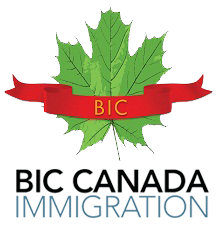Canada welcomes the most immigrants in a single year in its history
With the significant exception of Indigenous people, all Canadians originally come from somewhere else. The story of immigration fills many chapters in the history of Canada—including the most recent one. To support Canada’s post-pandemic recovery and chart a more prosperous future, the Government of Canada set a target of welcoming 401,000 new permanent residents in 2021, as part of the 2021–2023 Immigration Levels Plan.
